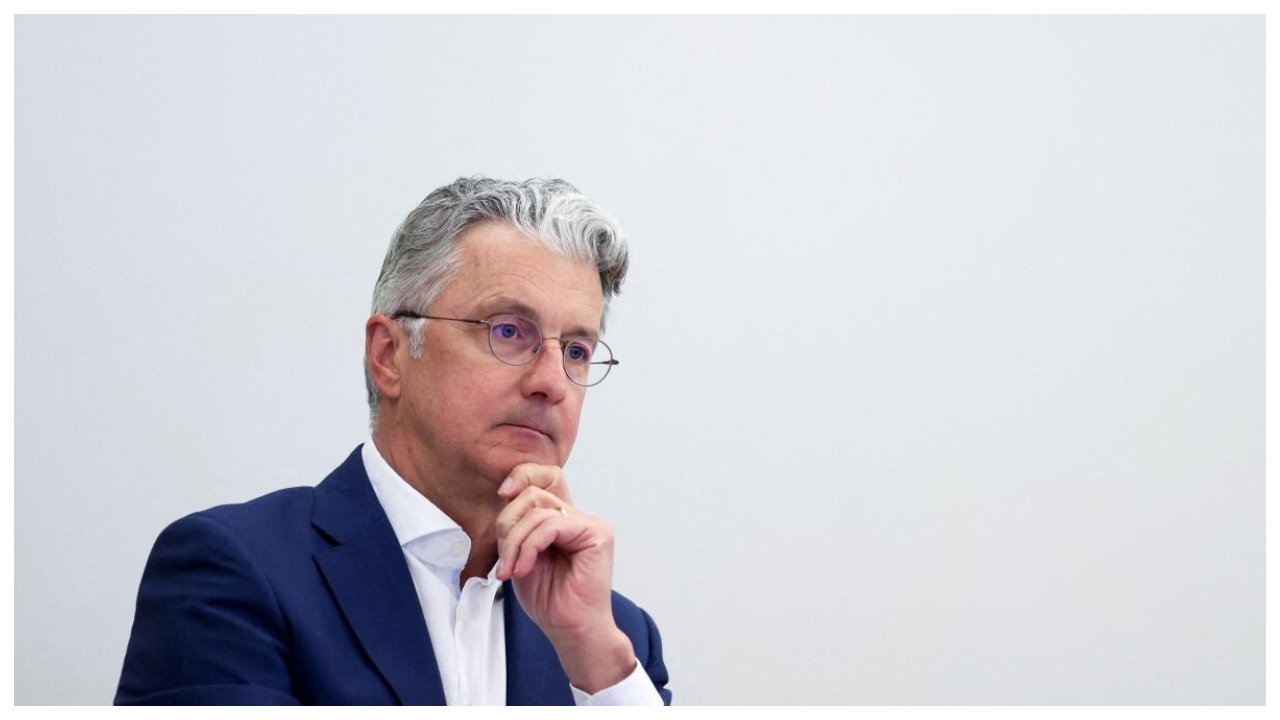Former Audi chairman Rupert Stadler has been given a suspended sentence of one year and nine months by a German court for fraud by negligence in the diesel emission manipulation scandal. He was also fined €1.1 million (£950,000).
EU
The court ruling stated that Audi manipulated diesel engines with software to meet EU-mandated exhaust emission values during tests but not in real-world driving conditions. Stadler was accused of being aware of the manipulation methods and failing to stop selling the affected diesel models after the scandal emerged in 2015.

Sentencing
Stadler’s sentencing follows his plea deal in May, which he entered into with the judge and prosecutors. The plea deal involved a suspended sentence instead of imprisonment and a monetary fine in exchange for a comprehensive admission of guilt. Stadler became the first former Volkswagen Group board member to acknowledge knowledge of the illegal software and express regret for not preventing the sale of manipulated cars.
Wolfgang Hatz, a former Audi board member responsible for drivetrain development, and Giovanni Pamio, a former Audi drivetrain development engineer, were also charged with fraud by negligence concerning the diesel emission manipulation scandal. Hatz received a two-year suspended sentence and a fine of €400,000 (£344,000), while Pamio was handed a nine-month suspended sentence and a €50,000 (£43,000) fine. Both Hatz and Pamio admitted guilt as part of their plea deals, similar to Stadler’s.
Prosecutor
The public prosecutor’s office in Munich reacted positively to Stadler’s sentencing, stating that it aligned with the plea deal reached in May. The prosecutors had already agreed to the suspended sentence and fines for Stadler and Pamio. However, they intend to review Hatz’s sentence and potentially seek a revision since they had initially requested a prison term of three years and two months for him.
How will it impact Audi?
The sentencing of Rupert Stadler is likely to hurt Audi in the short term. The scandal has damaged the company’s reputation, and the sentencing will likely further erode consumer confidence. This could lead to a decline in sales and increased scrutiny from regulators.
In the long term, the impact of the sentencing is less clear. If Audi can demonstrate that it has taken steps to prevent a similar scandal from happening again, then the company’s reputation could recover. However, if Audi is seen as being slow to respond to the scandal, or if there are further revelations about the company’s involvement, the damage to its reputation could be long-lasting.
Here are some specific ways that the sentencing could impact Audi:
- Loss of sales: The scandal has already damaged Audi’s reputation, and the sentencing will likely erode consumer confidence further. This could lead to a decline in sales and increased scrutiny from regulators.
- Increased costs: Audi will likely face increased costs due to the scandal. These costs could include fines, legal fees, and recalling vehicles.
- Damage to reputation: The scandal has already damaged Audi’s reputation, and the sentencing will likely erode consumer confidence further. This could make it more difficult for Audi to attract new customers and retain existing ones.
- Reputational risk: The scandal has increased the reputational risk for Audi. This means that the company is more likely to be the target of negative publicity and lawsuits.
Conclusion
The sentencing of Rupert Stadler is a negative development for Audi. The company will need to address the damage to its reputation and prevent a similar scandal from happening again.
































